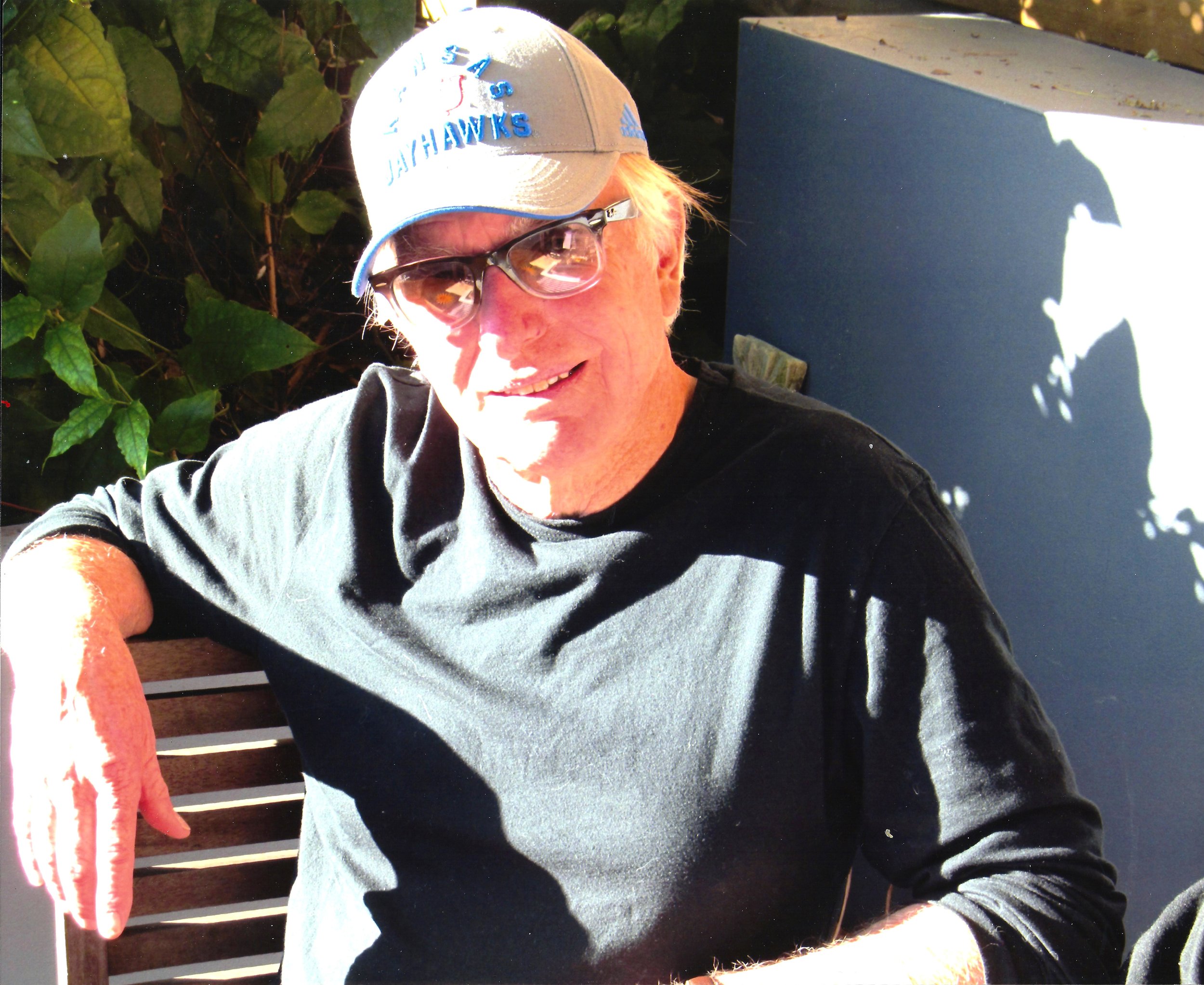The Problem of Peter Weir
/My friend, John C. Tibbets, described to me recently the challenges he has faced in getting people to pay attention to a new book he has published about the important international filmmaker, Peter Weir, and it is a plight many doing work in film studies might recognize. Research on new media can sometimes seem more sexy, more urgent, than work on more established media. But that does not mean we should not pay attention to more established art forms, the impact they have in our lives, and the creative and philosophical expression they enable. Film studies was my first love and every time I teach a film class, I fall back in love with that medium all over again. And Tibbets' guest post here is a reminder of how many great experiences I've had at the cinema thanks to the work of Peter Weir.
THE PROBLEM OF PETER WEIR
By John C. Tibbetts
University of Kansas
Despite the recent Criterion release of Picnic at Hanging Rock, the name Peter Weir seems not to be on very many lips these days. Yet, mention this film, along with The Truman Show, Dead Poets Society, and Master and Commander, and the man’s name comes up readily enough. It seems that Peter Weir has committed the unpardonable sin of taking too much time between films; worse, he has told me in a recent letter that he has no immediate projects in mind. Perhaps at age 68 he prefers to enjoy a well-deserved retirement. . . or just enjoy the luxury of taking his own sweet time before embarking on another project.
Only fourteen films in 38 years. Must we conclude that his four-year absence since The Way Back has engendered a kind of anonymity that renders him irrelevant to today’s film enthusiasts and scholars? Do we repeat the charge, “But what have you done for us lately???” Certainly it is true that my new book, Peter Weir: Interviews, published this year by Mississippi University Press, has garnered many enthusiastic readers so far, but has been ignored by critics. reviewers and journalists. Do we blame the book or the man? As David Thomson admits in his Foreword to the book, “He does not seem like a movie director. . . He has stayed away from the busy world of reputations while building the unquestioned status of one of the great directors at work.”
We might as well quench our interest and enthusiasm for other directors who have committed a worse sin, who have quit the public sphere because they, well, because they died. What use for yet another volume on Hitchcock and Hawks, Minnelli and Mann? Why another Life of Kubrick, who made far fewer films and took his own sweet time between them?
No, I must admit I am baffled at what seems these days a public neglect of the name Peter Weir. Add another riddle to the prevailing mystery that surrounds his best films.
Unless I deserve some of the blame. During my sojourn in Australia, while interviewing Weir, his cameraman Russell Boyd, and colleagues at the National Film and Sound Archives in Sydney, I discovered and attempted to reveal a man far more interesting in his own way than the riddles he propounds in Hanging Rock, The Last Wave, and The Truman Show. I encountered a man behind his mysteries who is deeply humane, modest, and articulate about his life and work. His modesty is all too real: “I am only a jester with cap and bells,” he told me, “who goes from court to court.”
I repeat, must his recent inactivity consign his name to the dustbin of film history? Or can we hope, at the very least, that his work, like the grin of Lewis Carroll’s Cheshire Cat, will stay on after the rest of him has disappeared?
<iframe width="420" height="315" src="//www.youtube.com/embed/kA5U8mj32JE" frameborder="0" allowfullscreen></iframe>
John C. Tibbetts is an Associate Professor in the Department of Film & Media Studies at the University ofKansas, where he teaches courses in film history, media studies, and theory and aesthetics. He is an author, educator, broadcaster, as well as an artist and pianist. He holds a Ph.D. from the University of Kansas in Multi-Disciplinary Studies (Art History, Theater, Photography and Film).
As a broadcaster and journalist and scholar he has hosted his own television show in Kansas City, Missouri; worked as a news reporter/ commentator for CBS Television (KCTV) and National Public Radio; produced classical music programming for KXTR-FM radio; written (and illustrated) ten books, more than 200 articles, and several short stories.
His most recent books are Peter Weir: Interviews and Douglas Fairbanks And The American Century.
Other books include The Gothic Imagination (Palgrave Mcmillan, 2011), Composers in the
Movies: Studies in Musical Biography (2005, Yale University Press), Schumann: A Chorus of Voices (2010, Amadeus Press), and the three-volume American Classic Screen (Scarecrow Press, 2010).
His current radio series are The World of Robert Schumann (currently being broadcast worldwide on the WFMT Radio Network) and Piano Portraits (A 17-episode series of interviews with world--class concert pianists).


